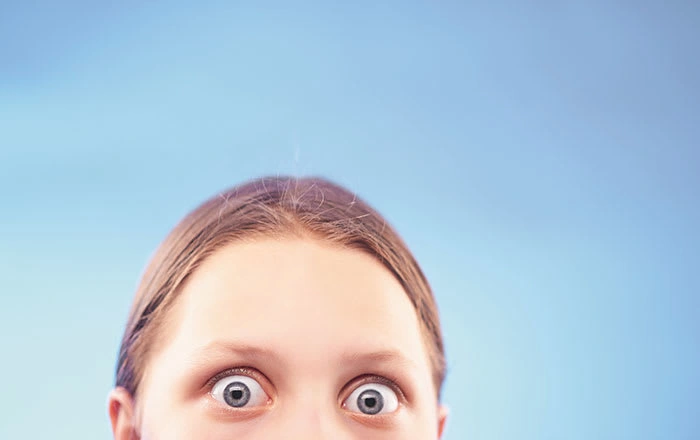SOUNDS SPARK DENTAL FEAR, STUDY SUGGESTS
Posted 11/11/2013
The brain responses of dental phobic patients to the sound of dental equipment differ greatly to those patients more relaxed about sitting in the dental chair. That’s according to a new study by researchers in Japan who scanned people's brains while playing them sounds of dental drills and suction instruments. The results were reported this weekend at the Society for Neuroscience meeting in San Diego, US. The study could help scientists assess different ways to make patients more at ease, by seeing how they alter neural activity, said Hiroyuki Karibe at the Nippon Dental University in Tokyo. People in the low-fear group were not overly anxious about going to the dentist. When they heard dental sounds, parts of the brain called the left and right superior temporal gyri responded more than when they heard neutral sounds. This, Hiroyuki Karibe said, means that dental sounds triggered more activity in the primary auditory areas of the brain. Anxious people responded differently. Instead of a surge of activity in the auditory areas of their brain, he said he saw a more intense response in a region called the left caudate nucleus that may play a role in learning and remembering the sounds of the dental instruments. The 2009 Adult Dental Health Survey published by the NHS Information Centre suggests that as many as 12% of people in the UK experience extreme dental anxiety and that women are twice as likely as men to suffer from this. The most conservative estimates suggest that 5% of people avoid dentists altogether due to fear and many more are anxious about dentistry.



